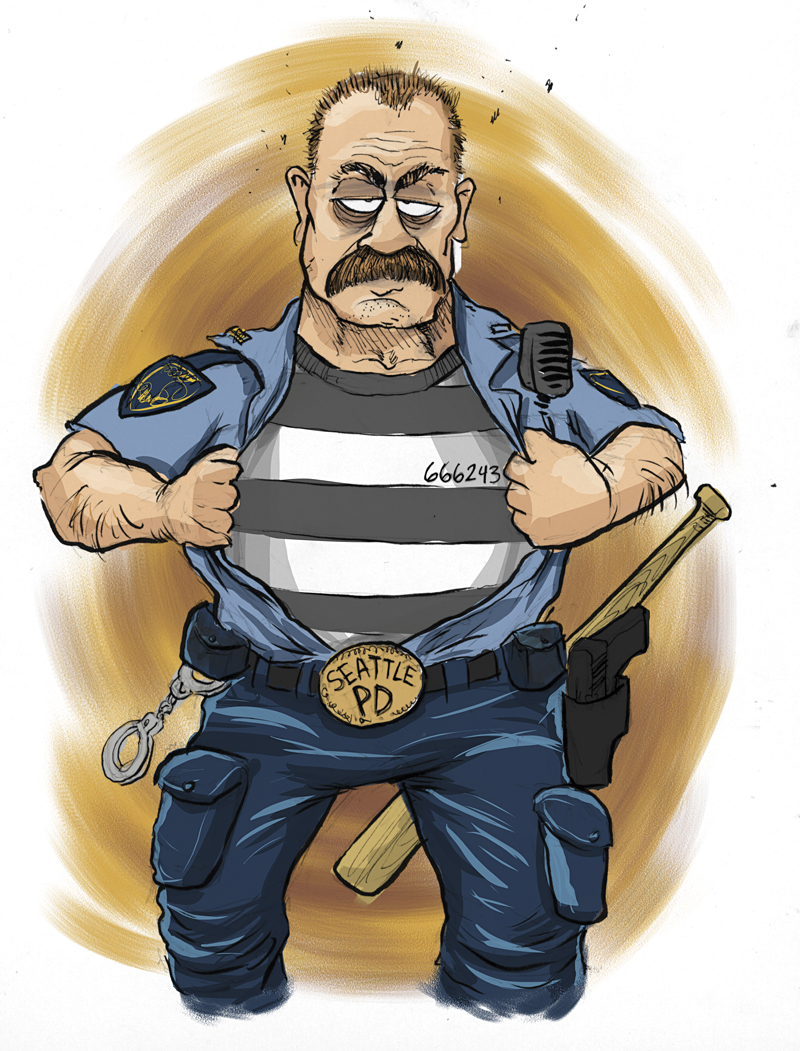If you walk into a pharmacy and fill a prescription for Vicodin, you’ll know whether you’re getting the 5, 10, 20 or 40-milligram tablets. In Canada the same goes for medical marijuana, as THC content is usually listed right on the package. But apparently even there a patient who’s delivered pot that’s deemed to weak to treat his disease can’t get a refund for it. So where does that leave Washington patients?Likely in an even worse position, considering that THC content isn’t even tested for in Washington, much less addressed as grounds for a refund.As Toke of the Town reports on a Toronto Sun
story today, Mr. Lloyd Summerfield from Ontario is at his wits’ end after buying 90 grams of pot that was delivered through the country’s single-payer health-care system Health Canada. But Summerfield took one look at the label and said the stuff was too weak for his condition so he sent it back, unopened. Now he can’t get a refund, despite his best efforts. “I am hungry and this is a lot of money for me,” (Summerfield) said. “I had to borrow the money to pay for this.”Still, he did a lot better than he would have in Washington.At least in Canada the medical pot lists its THC content on the label (not that it will get you a refund if it’s weak).Seattle Weekly talked with Gordon MacCracken, spokesperson for the Washington State Department of Health, and he says that since medical marijuana is still technically illegal in the state, any kind of trade regulations, like those having to do with refunds or even testing for THC, are simply not there. “There is a lot of misunderstanding out there, he says. “There are no particular standards (for medical marijuana). There is no such thing as a licensed dispensary. Marijuana is still illegal in Washington. Refunds are an issue that’s not addressed.”Even Sen. Jeanne Kohl-Welles’ omnibus medical-marijuana legislation SB 5073 that’s working its way through Olympia right now doesn’t address refunds. It does address testing, but in a non quality-control-binding way, as we’ve noted before.So bottom line is: buyer beware–both in Canada and even more so in Washington.





